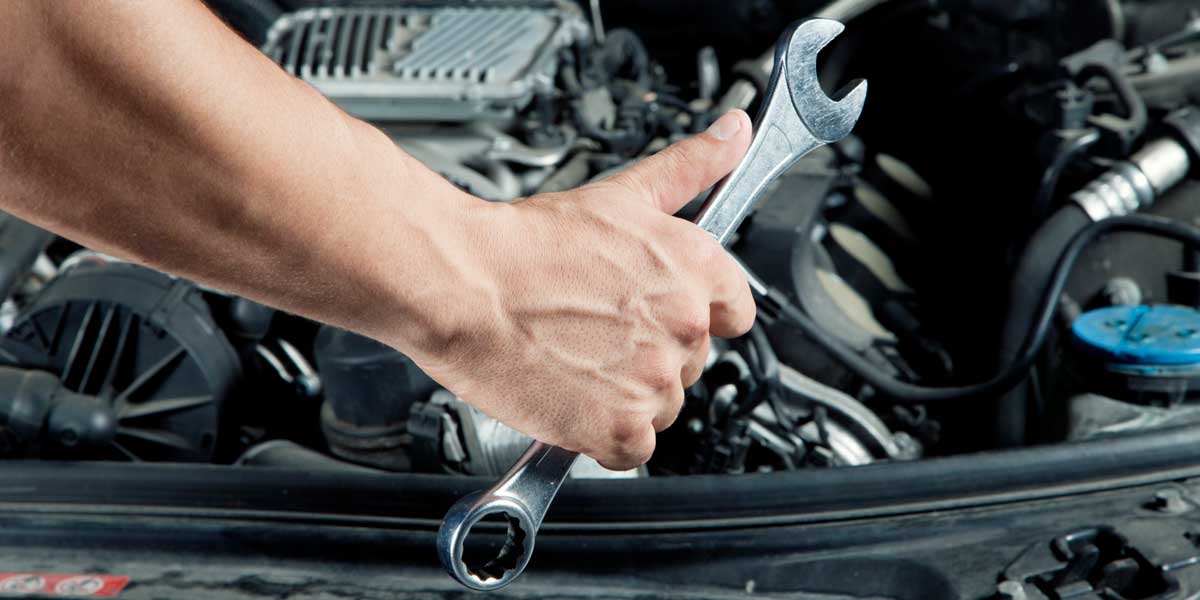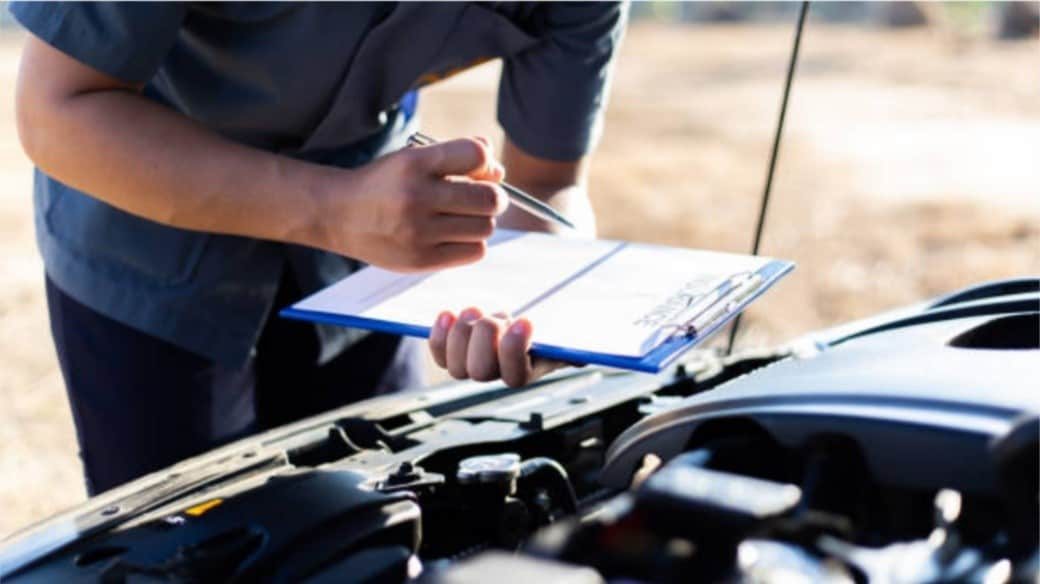All Categories
Featured
When your cars and truck gets too hot, it can really feel like a significant emergency situation, but remaining tranquil and adhering to the best actions can avoid serious engine damage and aid get you back when traveling securely. In this article, we'll discover what to do if your automobile overheats and supply preventative ideas to lower the risk of overheating in the future.
If Your Auto Gets too hot,What to Do. If your auto starts to overheat is to pull over to a secure place as soon as feasible, pull Over to a Safe Place The very first and most vital action. Transform on your threat lights and direct your car to the shoulder or into a car park. Maintaining your automobile running while it's overheated can cause severe damage to the engine, so it's important to close the engine off as soon as possible.
Let the Engine Cool Off Once you've safely stopped, permit the engine to cool. You ought to never ever try to open up the radiator cap while the engine is still hot, as the launch of steam or hot coolant can cause burns. Wait at least 15-20 mins to permit the engine temperature to go down to a safer level before continuing.
![]()
Check the Coolant Level After the engine has actually cooled down, check the coolant levels by checking the tank or radiator. If it's low, leading it off with a combination of coolant and water (as specified by your car's maker) Constantly utilize caution when opening up the coolant tank, as stress might have constructed up.
Search For Noticeable Leaks While you wait for the engine to cool, aesthetically examine the radiator, hoses, and coolant reservoir for any type of visible leaks or splits. A dripping radiator or hose pipe is an usual cause of overheating. It's much better to call a tow solution than threat driving further and creating additional damages. if you locate a considerable leak.
Reboot the Engine After allowing the engine to cool down and making certain the coolant is complemented, start the engine and monitor the temperature level scale. If the temperature level remains to increase rapidly, it's finest to close the engine off and require roadside aid or a tow to the local technician.
![]()
How to avoid Getting Too Hot in the Future. Consistently Examine Coolant Degrees Among the most convenient methods to avoid getting too hot is by maintaining the best degree of coolant. With time, coolant can evaporate, so regularly examine the coolant levels in the tank. Reduced coolant levels can cause the engine to get too hot quickly, so top it off as required.
Evaluate the Radiator The radiator plays an essential function in maintaining the engine cool. Occasionally inspect the radiator for any type of clogs, dust, or particles that might obstruct air movement. If you notice any indicators of damage, such as rust or leakages, have it repaired or replaced immediately.
Change the Thermostat and Water Pump A malfunctioning thermostat or water pump is an usual reason of getting too hot. The thermostat regulates the flow of coolant, while the water pump distributes it with the engine. It can stop appropriate cooling if either part is damaged. Have your mechanic evaluate these parts on a regular basis and change them when necessary.
Flush the Air conditioning System Over time, coolant can weaken and become ineffective, causing an accumulation of debris in the system. Purging the air conditioning system every 30,000 miles, or as recommended in your automobile's handbook, aids to get rid of any sludge or accumulation and makes certain the cooling system is functioning correctly.
Monitor the Problem of the Tubes The hose pipes in your vehicle's cooling system can wear or fracture with time. Check the hoses for any type of indications of wear, such as protruding, fractures, or leakages, and replace them if needed. Preventing coolant leakages can go a long way in avoiding getting too hot.
![]()
Drive Properly Aggressive driving, such as speeding up swiftly or driving at high rates, places added stress on your engine and its cooling system. Attempt to drive at modest rates, specifically on warm days or when driving on high slopes, to decrease the opportunities of getting too hot.
Stay Clear Of Straining Your Vehicle Bring excessive weight in your automobile places stress on the engine and air conditioning system. Always bear in mind your automobile's weight limitation, particularly if you're carrying hefty tons, towing a trailer, or driving lengthy ranges in hot climate.
Conclusion. A getting too hot vehicle can be a frightening experience, but understanding how to respond and avoid it can conserve you time, money, and possible engine damage. Always inspect your coolant degrees, evaluate vital parts like the radiator, thermostat, and hoses, and adhere to a routine maintenance schedule. By staying on top of your vehicle's cooling system, you can minimize the danger of getting too hot and delight in a smoother, more secure driving experience.
If Your Auto Gets too hot,What to Do. If your auto starts to overheat is to pull over to a secure place as soon as feasible, pull Over to a Safe Place The very first and most vital action. Transform on your threat lights and direct your car to the shoulder or into a car park. Maintaining your automobile running while it's overheated can cause severe damage to the engine, so it's important to close the engine off as soon as possible.
Let the Engine Cool Off Once you've safely stopped, permit the engine to cool. You ought to never ever try to open up the radiator cap while the engine is still hot, as the launch of steam or hot coolant can cause burns. Wait at least 15-20 mins to permit the engine temperature to go down to a safer level before continuing.

Check the Coolant Level After the engine has actually cooled down, check the coolant levels by checking the tank or radiator. If it's low, leading it off with a combination of coolant and water (as specified by your car's maker) Constantly utilize caution when opening up the coolant tank, as stress might have constructed up.
Search For Noticeable Leaks While you wait for the engine to cool, aesthetically examine the radiator, hoses, and coolant reservoir for any type of visible leaks or splits. A dripping radiator or hose pipe is an usual cause of overheating. It's much better to call a tow solution than threat driving further and creating additional damages. if you locate a considerable leak.
Reboot the Engine After allowing the engine to cool down and making certain the coolant is complemented, start the engine and monitor the temperature level scale. If the temperature level remains to increase rapidly, it's finest to close the engine off and require roadside aid or a tow to the local technician.

How to avoid Getting Too Hot in the Future. Consistently Examine Coolant Degrees Among the most convenient methods to avoid getting too hot is by maintaining the best degree of coolant. With time, coolant can evaporate, so regularly examine the coolant levels in the tank. Reduced coolant levels can cause the engine to get too hot quickly, so top it off as required.
Evaluate the Radiator The radiator plays an essential function in maintaining the engine cool. Occasionally inspect the radiator for any type of clogs, dust, or particles that might obstruct air movement. If you notice any indicators of damage, such as rust or leakages, have it repaired or replaced immediately.
Change the Thermostat and Water Pump A malfunctioning thermostat or water pump is an usual reason of getting too hot. The thermostat regulates the flow of coolant, while the water pump distributes it with the engine. It can stop appropriate cooling if either part is damaged. Have your mechanic evaluate these parts on a regular basis and change them when necessary.
Flush the Air conditioning System Over time, coolant can weaken and become ineffective, causing an accumulation of debris in the system. Purging the air conditioning system every 30,000 miles, or as recommended in your automobile's handbook, aids to get rid of any sludge or accumulation and makes certain the cooling system is functioning correctly.
Monitor the Problem of the Tubes The hose pipes in your vehicle's cooling system can wear or fracture with time. Check the hoses for any type of indications of wear, such as protruding, fractures, or leakages, and replace them if needed. Preventing coolant leakages can go a long way in avoiding getting too hot.

Drive Properly Aggressive driving, such as speeding up swiftly or driving at high rates, places added stress on your engine and its cooling system. Attempt to drive at modest rates, specifically on warm days or when driving on high slopes, to decrease the opportunities of getting too hot.
Stay Clear Of Straining Your Vehicle Bring excessive weight in your automobile places stress on the engine and air conditioning system. Always bear in mind your automobile's weight limitation, particularly if you're carrying hefty tons, towing a trailer, or driving lengthy ranges in hot climate.
Conclusion. A getting too hot vehicle can be a frightening experience, but understanding how to respond and avoid it can conserve you time, money, and possible engine damage. Always inspect your coolant degrees, evaluate vital parts like the radiator, thermostat, and hoses, and adhere to a routine maintenance schedule. By staying on top of your vehicle's cooling system, you can minimize the danger of getting too hot and delight in a smoother, more secure driving experience.
Latest Posts
Learn How to Reduce Expenses on Car Maintenance with Montclare Auto Repair’s Limited-Time Deals
Published May 29, 25
1 min read
Dependable Commercial Roofing Providers by Weathercraft
Published May 26, 25
1 min read
Discover WyHy FCU – Key Tools for Your Money Goals
Published May 24, 25
1 min read